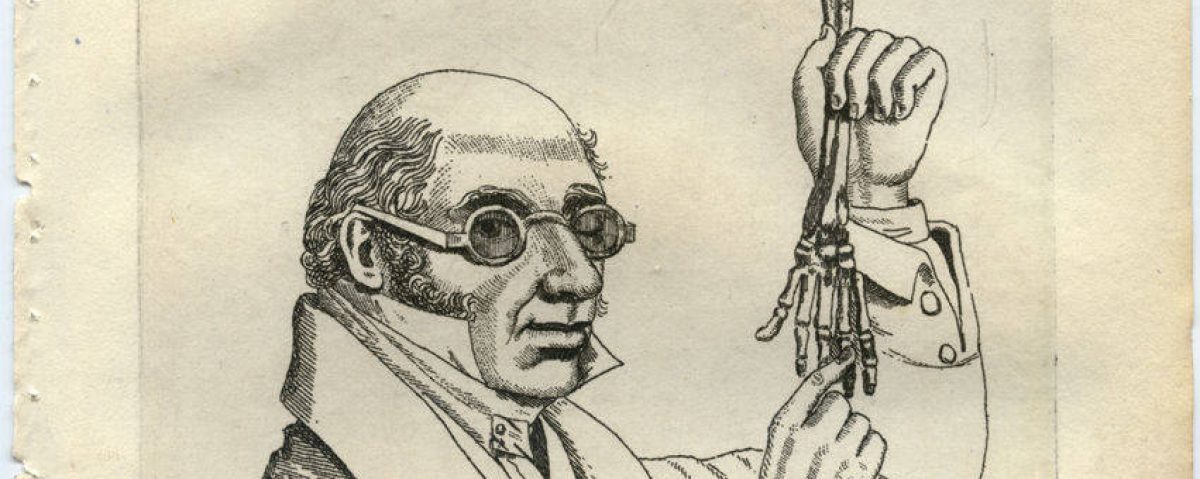Freire believes that students tend to record, memorize, and repeat what it is we’ve learned without perceiving what it really means. He does not agree with this style of teaching, because it does not give students the chance to truly grasp what it is they need to learn and know to pass their schooling. Additionally, this does not give teachers/professors the chance to genuinely connect with and understand their students. At WCU however, the array of diversity that exists on campus can change this way of learning for the better, despite the contrasts in race, class, and gender among the students and professors alike.
The United States is known as being a melting pot for the amount of diversity it contains. This same concept can be applied in an academic setting, especially at a campus like WCU. Many professors here come from different racial, ethnic, and religious backgrounds, let alone being raised in different generations. As a mixed-race student, I can say there is much diversity among the students, but differences in the way our generation grew up is very different from the way our professors might have grown up. This can create a barrier between students and professors from connecting at a deeper level, but there are ways to overcome this.
In Freire’s “The ‘Banking’ Concept of Education”, he states “Narration leads the students to memorize mechanically the narrated content. Worse yet, it turns them into “containers,” into “receptacles” to be “filled” by the teacher. The more completely she fills the receptacles, the better a teacher she is. The more meekly the receptacles permit themselves to be filled, the better students they are” (Freire 1). This is basically stating that whatever the teachers are teaching, the students mechanically take in this information, acting as receptacles, and do not truly understand the information they’re taking in. If students are wired to learn this way, they won’t have that meaningful or genuine connection to the people they’re supposed to be learning from. By recognizing the class, gender, and age differences among the students and professors at WCU, we can begin to have an appreciation for this diversity and connect on a deeper level. Although there are not any ideas implemented into carrying this out, there are some that come to mind for me.
One way we can begin to overcome this difference is by maybe starting some clubs or extra credit opportunities that promote diversity. Whether it’s an on-campus event or even just a class session where students and professors can talk more about who they are and where they come from, this allows time for us to understand one another better without judgement. If there are activities planned as an extra credit opportunity however, it would motivate students to want to participate to improve their grades, and also promote the acceptance of diversity we are striving for.
Another way this could be done is to possibly incorporate topics of diversity into certain subjects, and allowing the students to discuss these topics among their peers as a learning opportunity for them and the professor. By doing this, students can have more of an appreciation for those that came before them and how society has changed and evolved to what it is today. It is important for students today to understand life before them, as it is important for professors to understand how we are trying to navigate in today’s society, as times have drastically changed. An example of this could be a Gender and Women’s Studies class. This class discusses gender beliefs and feminism, among many other topics, but these are both concepts that have changed remarkably since the 1960’s to present day. If a professor teaching this course grew up in the 1960’s or 70’s, it would seem practically absurd for them to be teaching about gender queer or trans-gender individuals, simply because they did not grow up in a time where that was common. If students had the opportunity to discuss their perspective on this, especially because we’ve grown up in a society where this is much more common, it would allow professors to have a deeper understanding of the kinds of students they teach and the kind of society they are living in as the younger generation.
** still in the works
